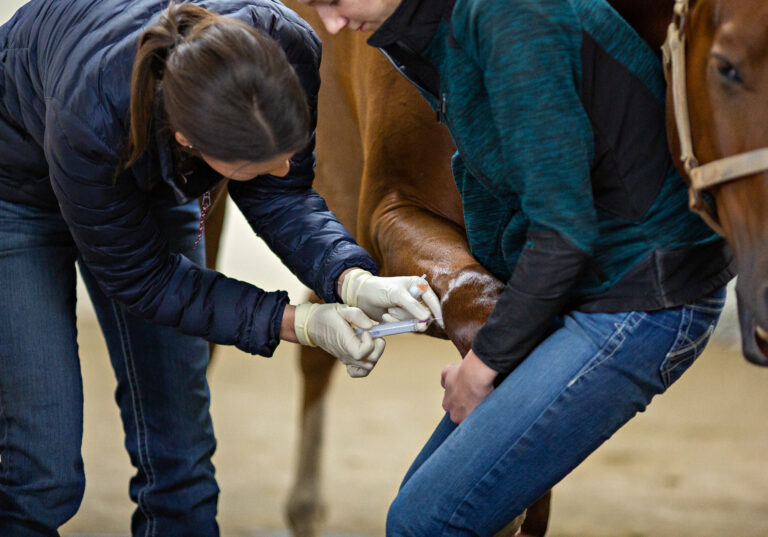
Psychologists from Harvard University found that most people are not focused on the present about 40% of the time. In other words, their minds are wandering or hard at work worrying about the future, ruminating about the past, or focused on a current problem or project. This is unfortunate, because research shows that being mindful of the present moment increases our well-being and makes us feel better.[i]
The Power of Mindfulness
According to Dr. Laurie Santos of the Happiness Lab, science shows that mindfulness can improve well-being by increasing the capacity to savor pleasurable events in life as they occur, helping a person become fully engaged in activities, and creating a greater resilience to the effects of adverse events. By focusing on the present through mindfulness, people are less likely to worry about the future or their regrets about the past. They are also frequently less concerned about success and self-esteem, and they are able to form deeper connections with others. Physical and mental health are improved by mindfulness practices; stress, heart disease, hypertension, chronic pain, insomnia and GI issues have all been shown to be positively affected by mindfulness. Depression, substance abuse, eating disorders, anxiety and OCD can also be improved.
Scientific American reported that MRI brain imaging techniques have shown that mindfulness practice can profoundly and permanently change the way different regions of the brain communicate with each other. After two months of mindfulness practice, the brain’s amygdala, the region of the brain associated with fear and emotion, appears to shrink, and the pre-frontal cortex, which is associated with higher order brain functions such as awareness, concentration and decision-making, becomes thicker.[ii]
Even small doses of daily meditation can improve concentration and mood. Regular practice allows people to realize that thoughts and emotions are fleeting and mostly temporary. This perspective can be remarkably calming.
Savoring Small Pleasures
Another way to feel uplifted is by intentionally savoring small pleasures—the taste of good coffee, the sun on your face on a cold day, the smell of a horse’s neck. By noticing these small things, you accumulate positive experiences all through the day which help counteract irritating encounters. There are an amazing number of things to enjoy and be grateful for, once you turn your attention to your immediate present experiences.
Using Sleep and Exercise to Feel Better
Many busy professionals are exhausted, and some are so tired that they can struggle to get restful sleep because their minds are racing. Getting eight hours of sleep is fundamental for physical and mental health. Creating a nighttime routine that includes calming activities like a quiet walk under the stars or reading a chapter of a restful book can help. Avoiding screen time is recommended.
Along with sleep, regular exercise is another good way to feel better. Many veterinarians are Type-A, driven individuals who put pressure on themselves to exercise as a goal-oriented activity. More beneficial may be 30 minutes of regular low-intensity movement that calms the mind. However, people are individuals, and some people benefit from pushing through to endorphin release from more intensive workouts. Exercise can reduce tension, anger, depression and even fatigue, with an effect lasting for over 12 hours.
Seeking Connection
Many people turn inward when stresses mount, and in doing so, they isolate themselves from others. While this inclination is common, seeking connection with others actually increases well-being. In addition, offering yourself compassion and kindness similar to what you would offer others is essential. Quieting a harsh inner voice and substituting an empathetic approach can be remarkably successful in helping people achieve difficult personal goals.
Challenging Perfectionism to Feel Better
Many veterinarians hold themselves to very high standards, and many veer into the territory of perfectionism. Perfectionism is a personality trait characterized by a person’s concern for achieving flawless performance that is accompanied by critical self-judgement. This mindset can contribute to the development of impostor syndrome. The change from viewing any mistake as failure or incompetence comes through extending grace to yourself for being human. One good technique is to consider what you would say to a friend if they had made a mistake and were castigating themselves. Say those same soothing words to yourself. Practicing self-compassion is the most important step in stepping away from perfectionism.
Feeling better in your life takes deliberate, intentional steps, but each step simply requires your attention to putting your life in perspective, offering yourself kindness, savoring the small things and making healthy lifestyle changes.
[i] https://www.newsweek.com/2021/01/08/laurie-santos-yale-happiness-professor-5-things-that-will-make-you-happier-1556182.html
[ii] https://www.scientificamerican.com/article/neuroscience-reveals-the-secrets-of-meditation-s-benefits/




